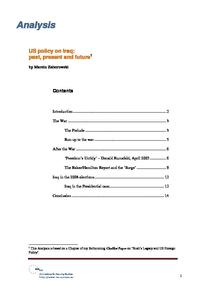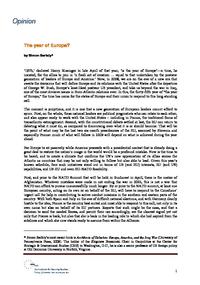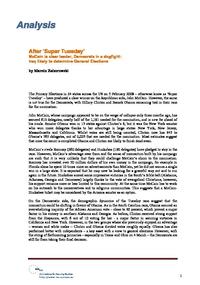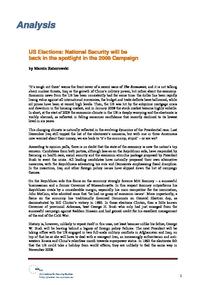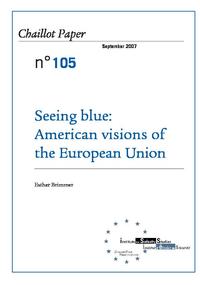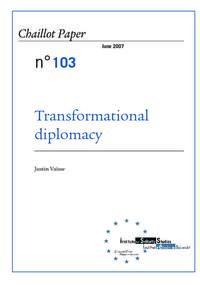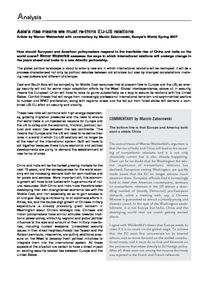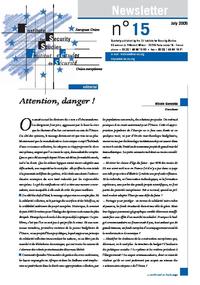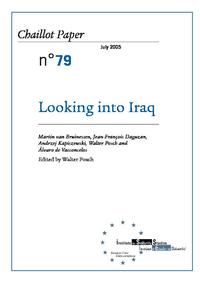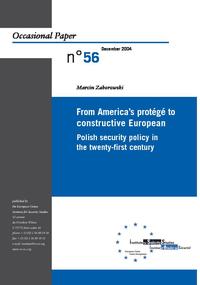The transatlantic relationship has been the cornerstone of the EU’s foreign and security policy. However, in a context where some in the US are looking inwards and questioning the values and institutions their country has built at the international level, expectations on Europe have increased. The rise of new global power centres has added a new dimension to transatlantic debates, and both partners must redefine the relationship to preserve security and prosperity, as well as maintain influence in an emerging international system where the 'West’– may no longer be such a dominant, nor united player.
The EU has also cultivated and institutionalised relations with Canada and many countries of Latin America and the Caribbean (LAC). Recent changes in the international context have made the EU a more attractive partner to LAC countries, which facing economic slowdowns, rising criminality and problems related to the rule of law. However, the increasing contestation of democratic values (which used to bind LAC countries together) has put regional institutions under pressure, as well as strained relations with the EU.
